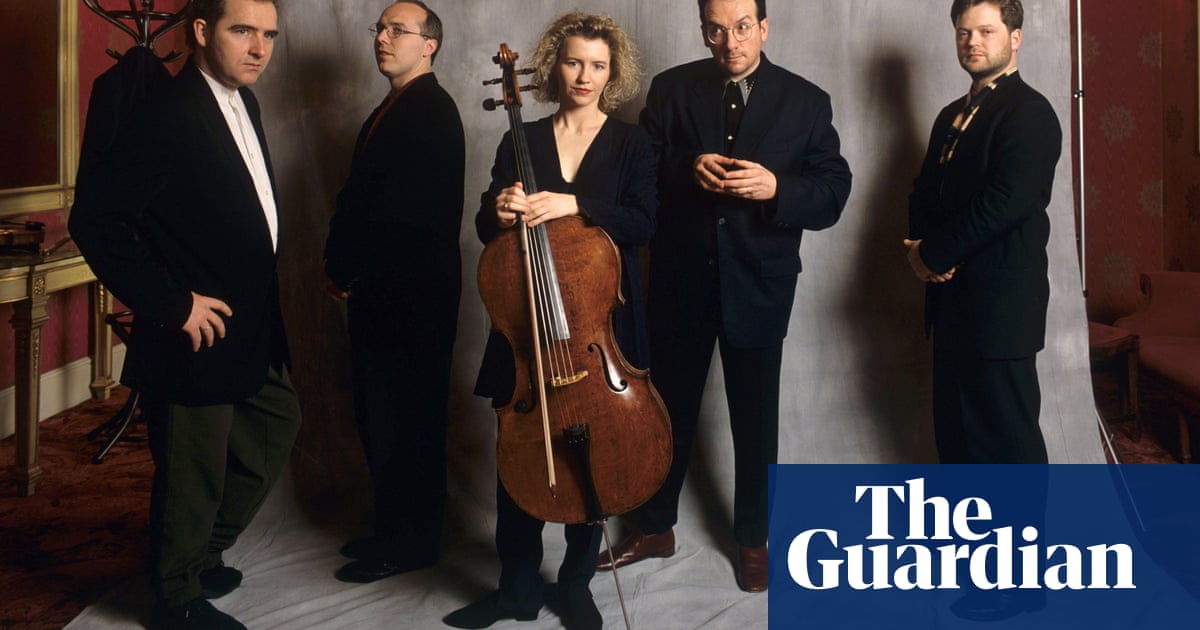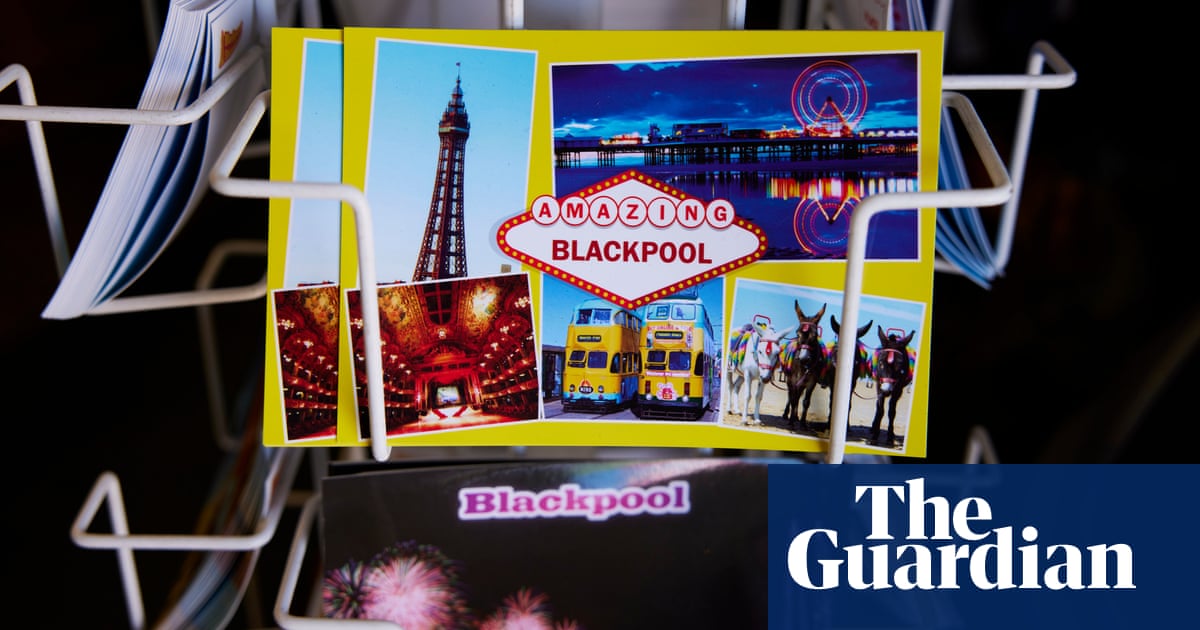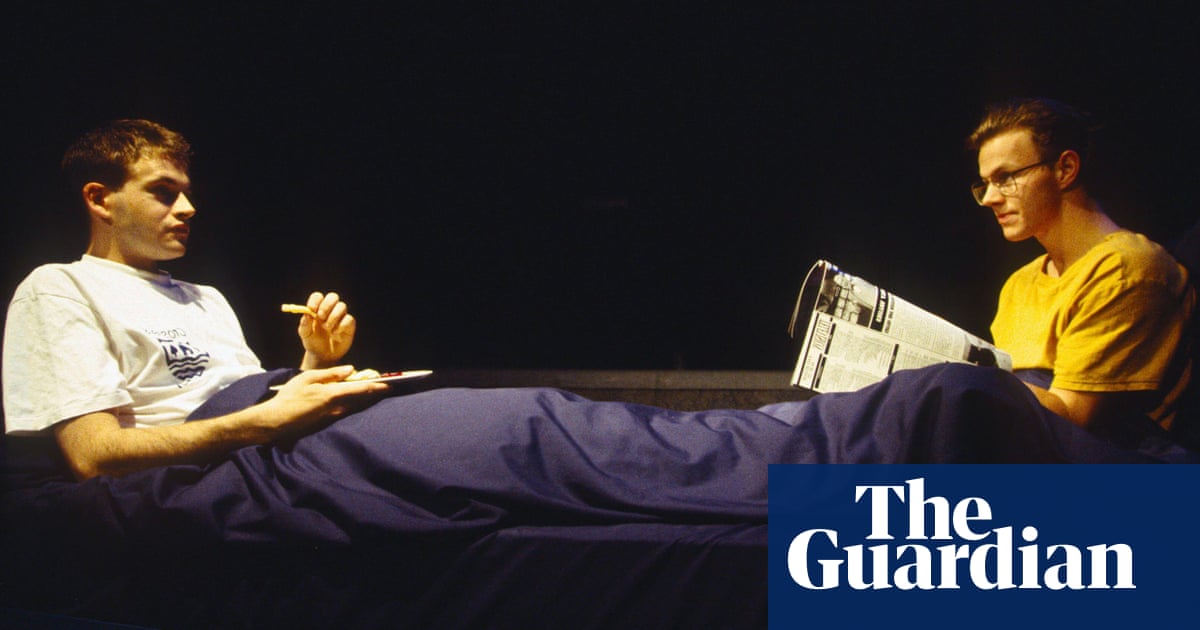
Elvis Costello, singer, co-writer/arranger
When I wasn’t on the road I would go five or six days a week to classical concerts. The Brodsky Quartet were playing the complete Shostakovich quartets in London one season and I went to hear them all. After one lunchtime concert, I met the group and we got on immediately. They were down to earth and we discovered a shared love of football and cake. We started talking about doing something together as a quintet – something other than just attaching a string quartet to a pop song like a varnish.
It was my then partner who pointed out the news story to me in the Guardian, about letters sent to “Juliet Capulet” in Verona. It caught my imagination – it seemed magical and fanciful, and that became our starting point, songs that were all different types of letters.
Most of my listening was classical and jazz: music not driven so much by the beat but by harmony and texture. We all contributed ideas, music, lyrics and arrangements. Up to that point I had always composed by ear, so for the first few weeks I would play something on the piano or sing the parts and the quartet would transcribe it. I’m not that reliable a pianist and I would often play things slightly differently each time. They were incredibly patient.
After a while I was shamed into getting to grips with learning how to read and write music – I needed to learn the relationship between the bass and the treble clef, which had always been a mystery. It was like a door opening, and by the end of our writing The Juliet Letters, my final compositions were written in full for each player, directly from my head.
With singable tunes, textures and harmonies from classical music alongside twists of rhythm and tempo there was a kind of panic about the record initially. What is it? What is it about? We had to accept that some people either wanted it to be Oliver’s Army or Bartók. There’s a common assumption that anything you do that isn’t what you did first must be hubris. I really can’t help people with that notion. That’s their own lack of curiosity that they’re speaking to. I don’t do things to say: “How do I look doing this?” That’s too much work! You have to be doing it with your whole heart otherwise why would you bother?
The Juliet Letters has become a repertoire piece. It’s been translated into different languages. There’s a reorchestrated version for a cabaret band. I’ve seen an adaptation in Gothenberg where the songs were wound into a narrative. It’s been made into a piece of contemporary dance, and the songs have been covered many times. Björk’s version of Why? is better than mine!
Jacqueline Thomas, cellist, co-writer/arranger
People were asking us: “Did you see who was in your audience?” We knew and loved Elvis Costello’s music and had been to his concerts too. Like us, he was on Warner and the record company arranged for us to meet. We chatted like old friends and realised we had all kinds of musical interests in common. Our world is of course one where we play other people’s music – an amazing array of repertoire – but you don’t often get to write your own. Composing and collaborating with one of the greatest living songsmiths had certainly not been in our thoughts, but by the end of the afternoon we were all daring to think that maybe we could do something together.
We started thinking about the combination of voice and string quartet. The concept of letters came up quickly. We made lists of different types, from love letters to circulars, pyramid letters to suicide notes.
And we swapped mix tapes. It wasn’t just Elvis sending us pop songs and us sending him chamber music: we had similar tastes and inspirations from across many musical worlds. Within a few days we were scribbling down ideas. One of us might come in with a fragment – just a line – while another might have a complete chorus, or someone else a texture out of which the song would grow. About 50% of the original material was Elvis’s, the other half was us, but people assumed that he wrote everything and we simply made the arrangements and were backing him. He went to great lengths to put people right on that; all interviews and photoshoots were with the whole ensemble, and we performed as a quintet with him among us.
There are all kinds of secret pearls within the songs – quotes from or references to music we love – and varied musical styles to suit the songs, from Bachian suspensions in Deliver Us, to flamenco riffs in Romeo’s Seance, a hurdy-gurdy effect built from a Bartók chord in Who Do You Think You Are? And the sound of war sirens screeching out in I Thought I’d Write to Juliet was Michael Thomas’s violin. When people heard us perform it live, they would say “Wow, I didn’t think I’d get to hear everything on the album as I couldn’t imagine you were actually producing these sounds!” Working with Elvis gave us a new window into performance and being more communicative with the audience. From that moment on, we performed standing up.
The first performance was at the Amadeus Centre in London. People didn’t believe Elvis Costello was turning up to this 250-seater church in the middle of Maida Vale to perform with us – it was probably the only time the venue had had to deal with ticket touts and queues around the block.
People from both our worlds were shocked by the album. We risked being considered not serious, and Elvis faced similar biases – even his manager was having trouble getting behind it. So the world tour was incredibly short compared to most album promo-tours. It was just one month. At the end of the American leg, the head of the record company came over and said: “Why didn’t you tell us it was going to be so great? Sales have exceeded all expectation. We could have done two more months in the US alone!” We tried to tell you, we said.
A new 30th anniversary edition of the score, edited by Jacqueline Thomas and Paul Cassidy, published exclusively by Hal Leonard is published on 15 September.












